Special Feature: Remembering Rishikesh Shaha, a great Nepali diplomat of all time
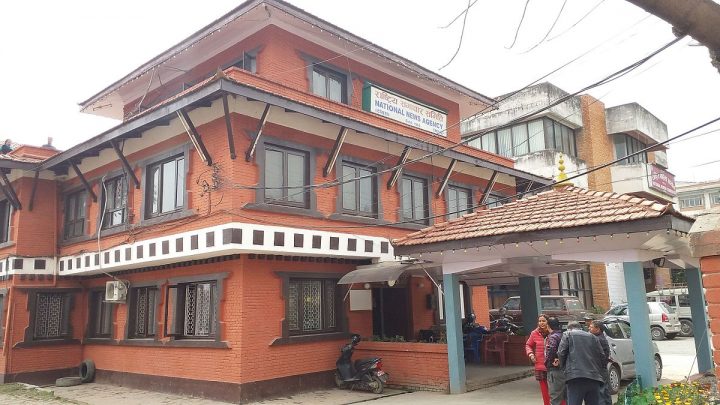
Kathmandu - Birat Anupam Today is the 18th Remembrance Day of Nepal's noted diplomat Rishikesh Shaha. Born on 16 May 1925 at Tansen of Palpa district, Shaha had breathed his last at Kathmandu on 13 November 2002. Despite being the oldest son (prince) of Raja (king) Tarak Bahadur Shaha and Queen Madan Dibyeshwari Shaha of Nepal's princely state of Bhirkot, he was one to support renouncing the state allowances to the then regional royal families in 1961 when then King Mahendra had direct rule in Nepal.
He has explained this in his autobiographical book titled 'Prarabdha ra Purushartha' which was first published on February 2014 by Himal Books. Writing an obituary on Shaha for Nepali Times on 15 November 2002, Deepak Thapa had rightly called Shaha as "Nepal's scholar-statesman". He had further added, 'I doubt if there is any other Nepali who can share that designation'.
True to Thapa's texts, Shaha had worn many hats of political, diplomatic, constitutional, academic, governmental as well as civilian fronts. He was one of the founding members of Nepal Democratic Congress that was one of the two parties merged to form single party called Nepali Congress, which brought in democracy in Nepal. He was also an architect of Nepal's constitution of 1962, the fourth of Nepal's seven constitutions so far. He had served at various ministerial positions during King Mahendra's direct rule.
He is accused of being pro-monarchy. Interestingly, he was also arrested at times even in times of direct rule of king. Despite his several hats on public life, Shaha is widely remembered as Nepal's great diplomat. There are mainly five factors towards this narration. First Nepali Permanent Representative to the UN Nepal's formal proposal for the UN membership dates back to 1949 during Rana Regime.
Nepal was successful to be UN member only on 14 December 1955 during direct rule of king Mahendra. Nepal sent its Permanent Representative to the UN in 1956. Nepal's first Permanent Representative to the UN was none other than Rishikesh Shaha. Shaha served from 1956 to 1960 at the UN. Shaha, in his autobiography said he landed at New York City on October of 1956. He played an incredible role in historic UN discourses like denouncing Anglo-French- Israeli armed intervention in Egypt that is commonly known as 'Suez Crisis'.
Likewise, he formally condemned Soviet Union's armed intervention in Hungary that gained a great publicity as India had abstained from the vote on the UN resolution. Explaining this, Shaha in his first autobiographical book titled Looking back at my own career, has said, ''My explanation of my vote gained publicity for Nepal, and other powers saw that even India could not always take Nepal for granted.
'' Chief of International Commission to Investigate Murder Case of UN Secretary General Dag Hammarskjold Despite being new to the UN system, Shaha had made impressive diplomatic personality among world leaders. Because of which he was appointed as the Chairman of the International Commission to investigate the plane crash death of the then UN Secretary General Dag Hammarskjold in 1961. Also a famous Swedish economist and diplomat, Hammarskjold was killed on 18 September 1961 in the then Northern Rhodesia (now Zambia).
He was second UN Secretary General after Norway's Trygve Haldan Lie. First Nepalese author to be published from Oxford University Press Even today, not many Nepali authors and scholars are published from world's top university presses. Rishikesh Shaha was published from Oxford University Press, Ely House, London in 1965. His book titled 'Heroes and Builders of Nepal' was a product of a transcreation of a Nepali book titled 'Nepali Birharu' authored by Nepal's literary personality Surya Bikram Gyawali.
His catalogue of heroes and builders of Nepal includes Nepalese from ancient to modern Nepal making great national and international mark from varied fields. The names include Gautam Buddha, King Janak, Manadeva, Amshuverma, Narendradeva, Araniko, Pratap Malla, four noble ladies like Tripura Padumalladevi, Devaladevi, Nayakadevi and Rajalladevi; Dravya Shah, Prithvi Narayan Shah, Rajendralakshmi, Balabhadra, Jayaprakash Malla, Amarsingh Thapa, Bhanubhakta Acharya.
The second edition was also published from Oxford University Press, Faraday House, Calcutta in 1970. Besides his Oxford University connection as an author, Shaha was also a visiting professor at the Jawaharlal Nehru University of India and Regent's Professor at the University of California at Berkeley of the USA. A trusted Nepali diplomat behind global neutralism On 22 November 1962, Shaha landed at Beijing. He was received well and was served a state banquet at China's famous Great Hall of the People. Interestingly, he had no formal position at that time.
He was just removed from his former formal role as Nepal's Foreign Minister for three months starting from 1 July 1962. During his individual China visit, he had exclusive talks with China's Prime Minister Zhou Enlai. It was just the immediate aftermath of 1962 Sino-Indian war. He has recalled his talks with Zhou Enlai about causes and consequences of the war in his first autobiographical book. Shaha was a very close pal of China's Vice Premier Marshal Ch'en-yi who had invited him to China on an individual capacity through the then China's Ambassador to Nepal, Dzang Shi Jie.
Shaha was also a close friend of the then Indian Home Minister Krishnan Krishna Menon who was forced to resign on 31 October 1962 at the height of Sino-India war from 20 October to 21 November 1962. Not only in India and in China, Shaha had good rapport with world leaders as an influential international diplomatic figure for Non-Aligned Movement during cold war era. This is documented in Time magazine on 24 October 1960. When Time had written, ''The year 1960 may come to be known as the year neutralism became respectable.
The Big Five of neutralism- Tito of Yugoslavia, Nehru of India, Nkrumah of Ghana, Nasser of Egypt, Sukarno of Indonesia- are magnetic, colorful and messianic personalities, but too much so. The most effective work has been often been done by second-echelon diplomats: men like Burma's U Thant, Nepal's Rishikesh Shaha and Tunisia's Mongi Slim.'' One of the very few scholarly Nepali diplomats Shaha represented Nepal in international arena both on diplomatic and academic ways. Diplomatically, his role at the UN and other global forums proved powerful. He was even rumored to be UN Secretary General.
However, in his second autobiographical book 'Purbardha ra Purusartha', Shaha has made it clear that it was just a rumor created to divert attention by Indian lobby who were against Burma's (now Myanmar) U Thant who became third UN Secretary General. Besides being Oxford University-published author and visiting professors in India and the USA, Shaha had written many notable books to make Nepal's academic standing in the international stage. He has written noted books like 'Nepal and the World', 'Heroes and Builders of Nepal', 'Nepali Politics- Retrospect and Prospect', 'An Introduction to Nepal', 'Modern Nepal Volume One and Two', 'Ancient and Medieval Nepal', 'Politics in Nepal', among others.
These books created an international window to peep into Nepal for westerners. In addition, Shaha was the person to write 49-page-long introduction to a very famous book titled 'Jang Bahadur in Europe' authored by John Whelpton. Even on civilian activism and human rights, Shaha is the pioneering figure in Nepal. It was he who established Human Rights Organization of Nepal and Civil Society in Nepal. He was detained in 1969 for working on human rights violation in Nepal.


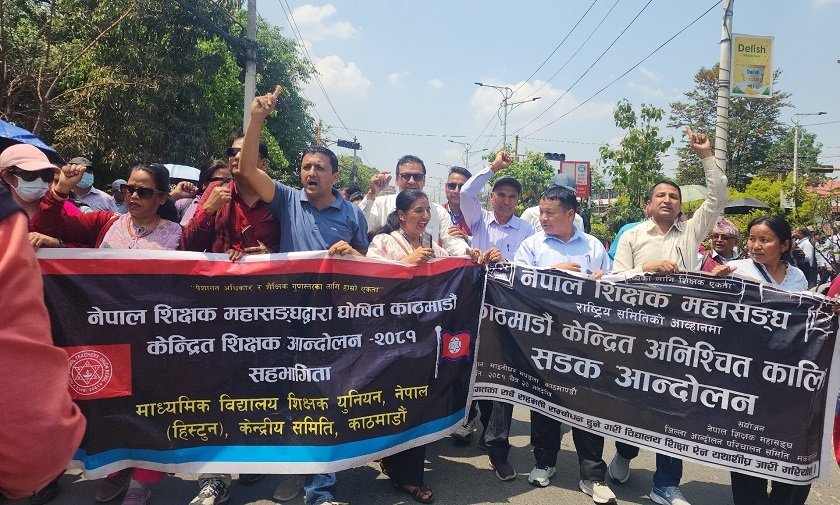
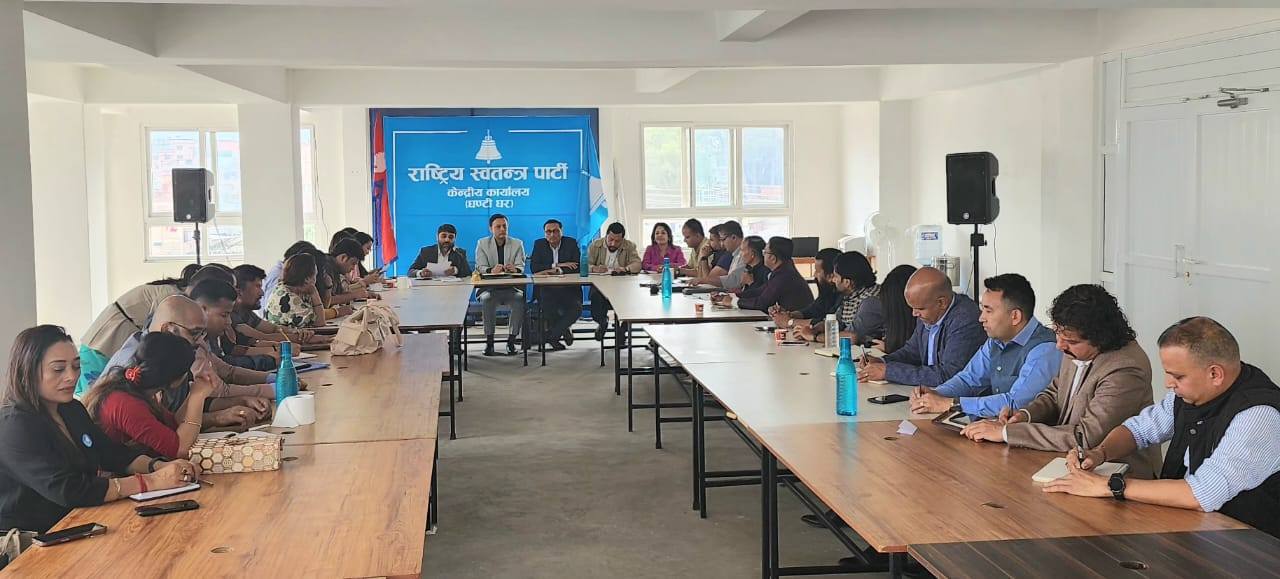
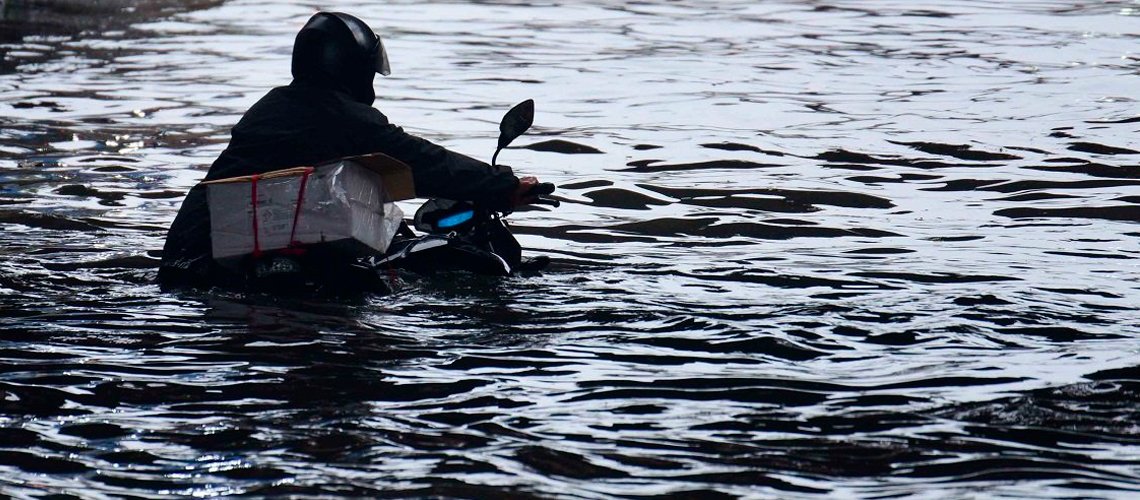
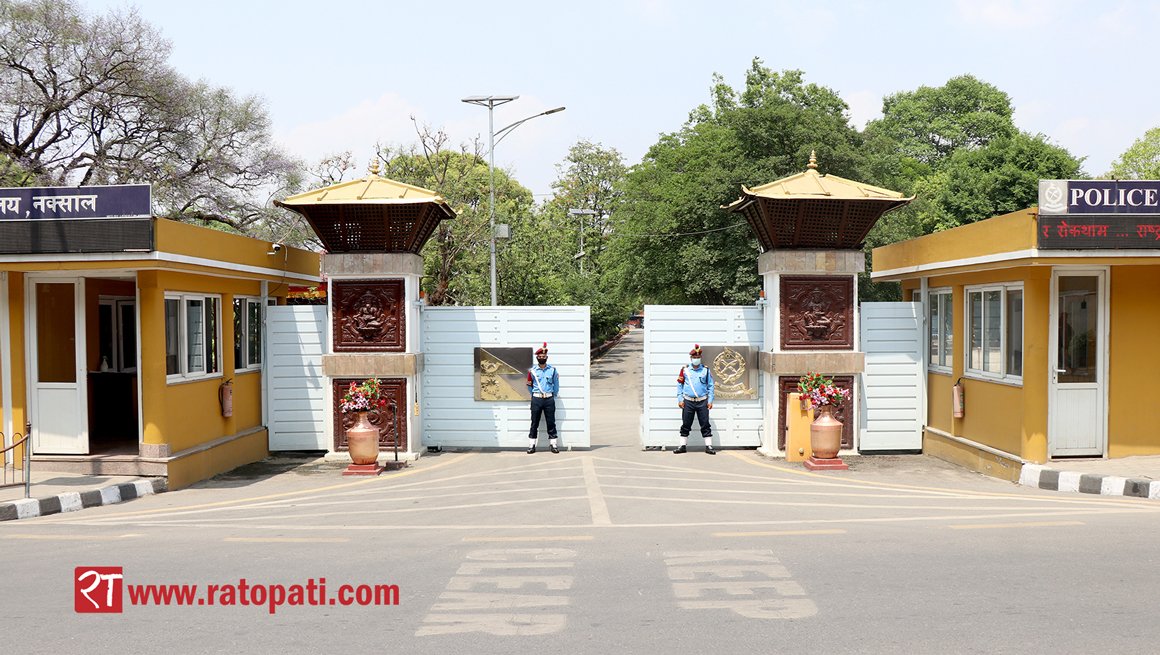
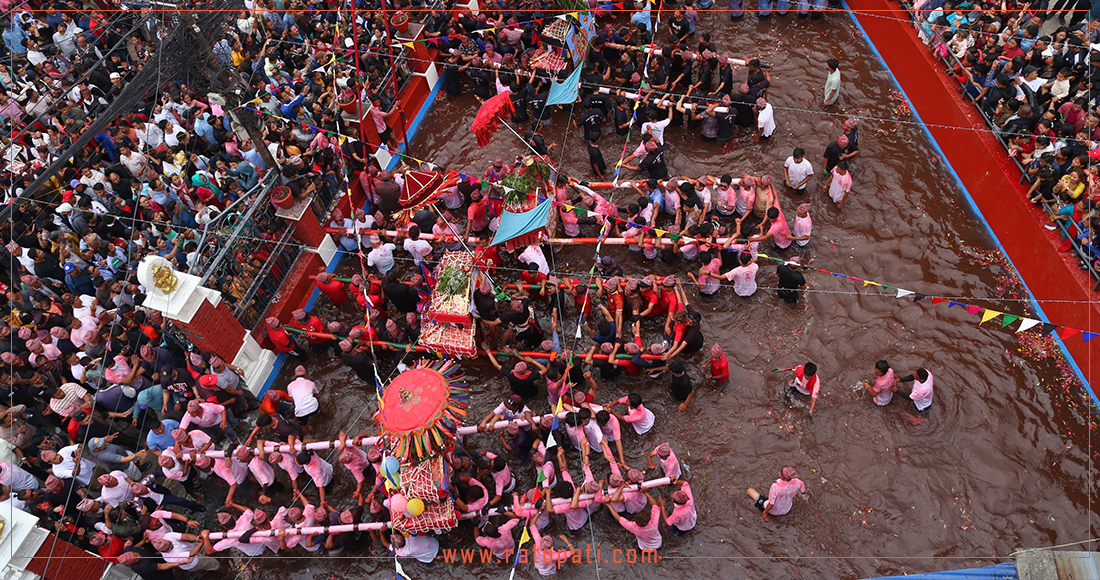
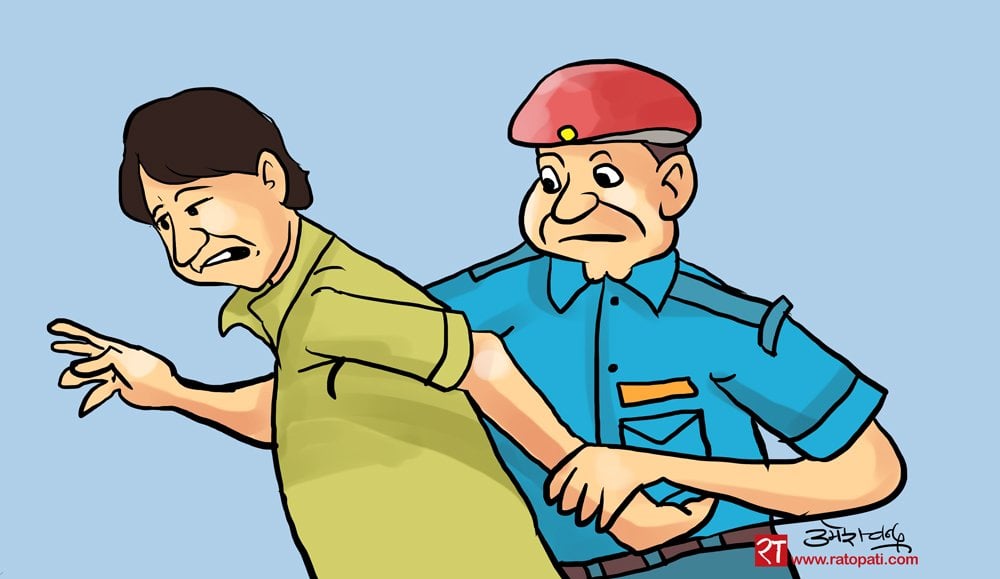
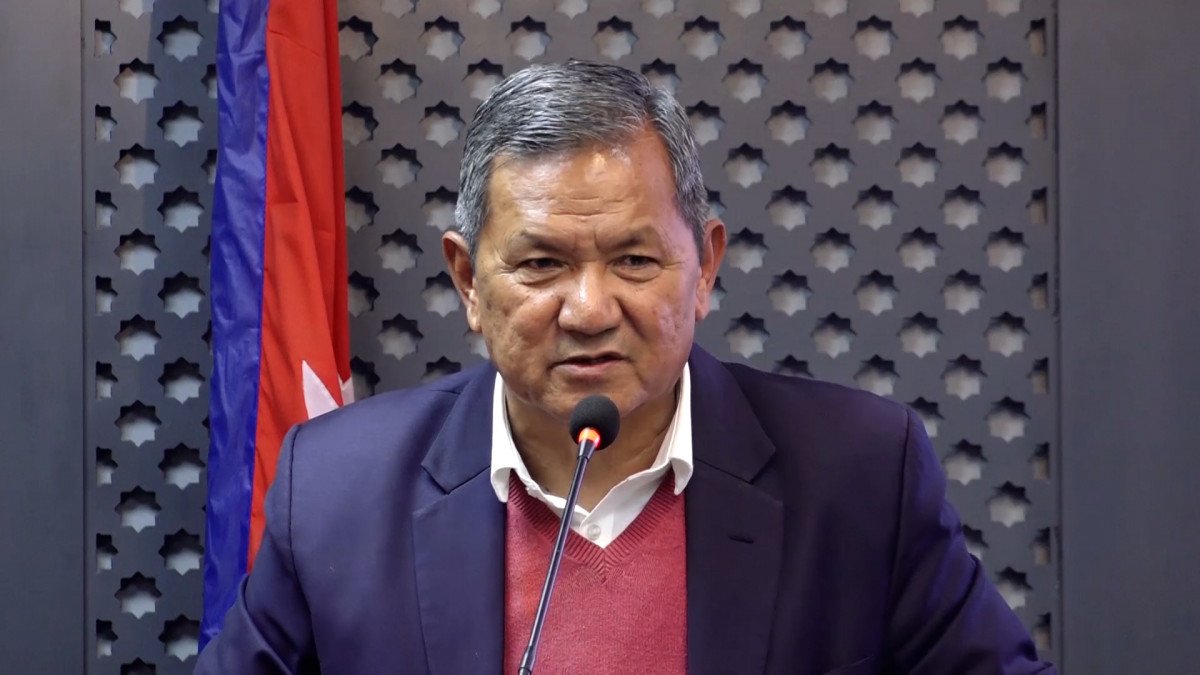
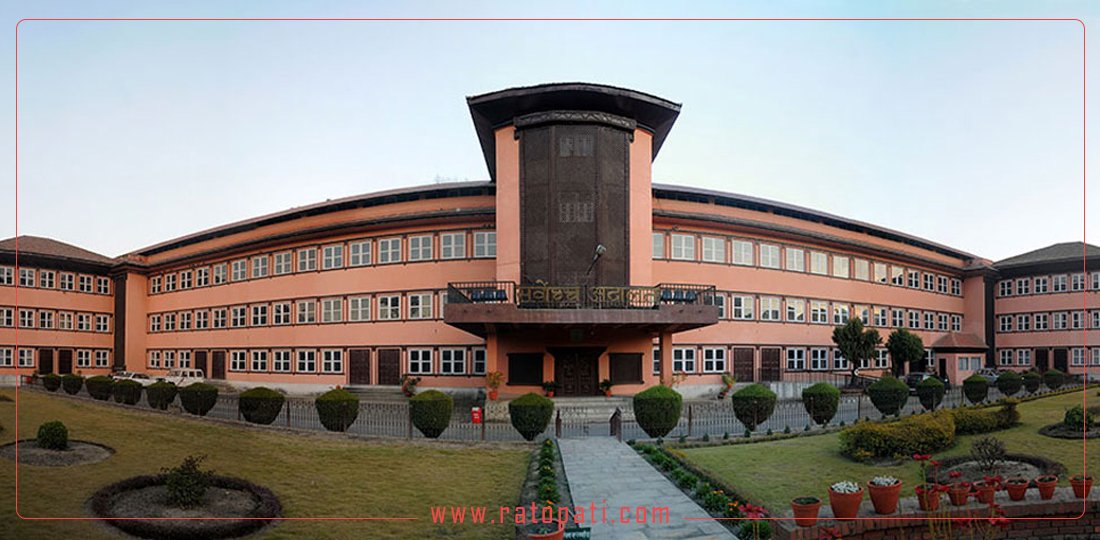
Leave Comment